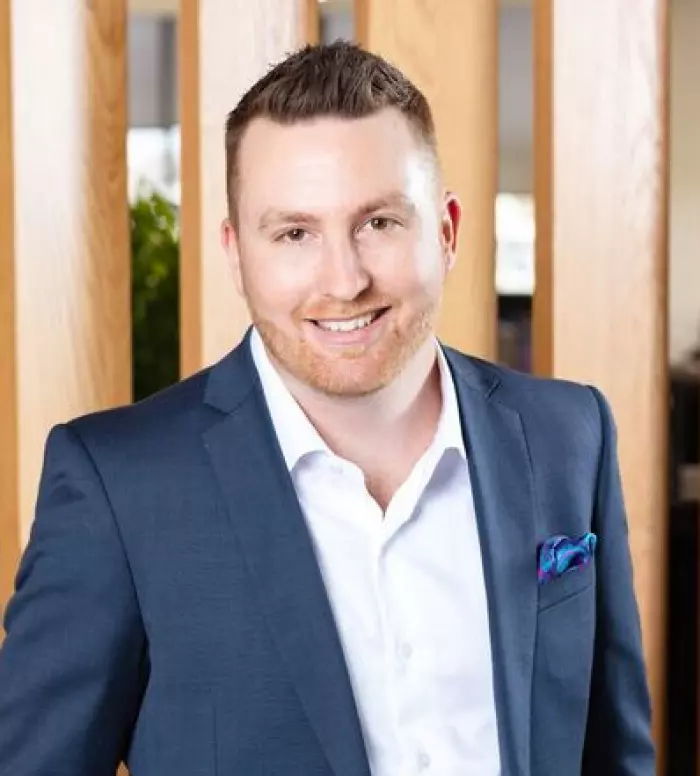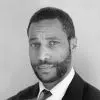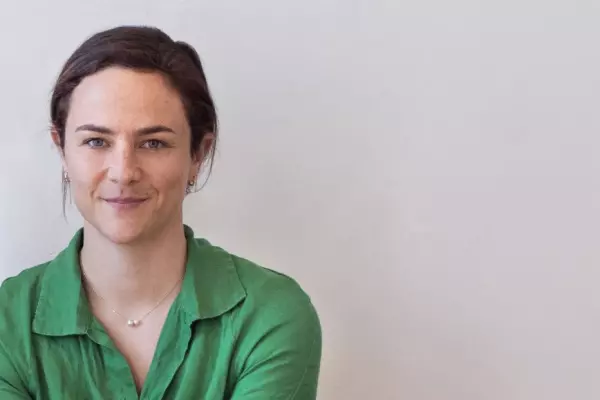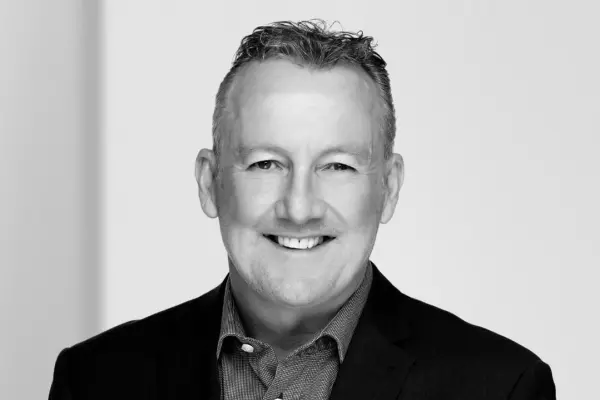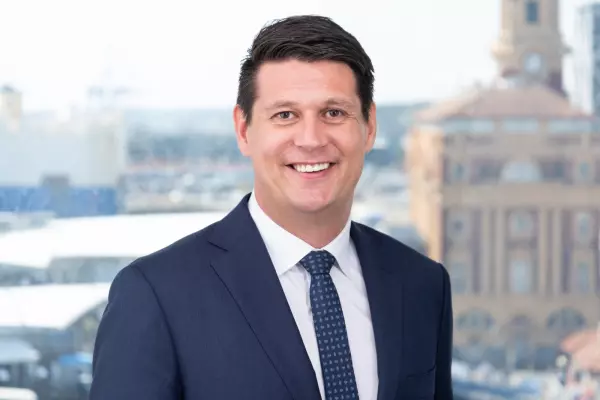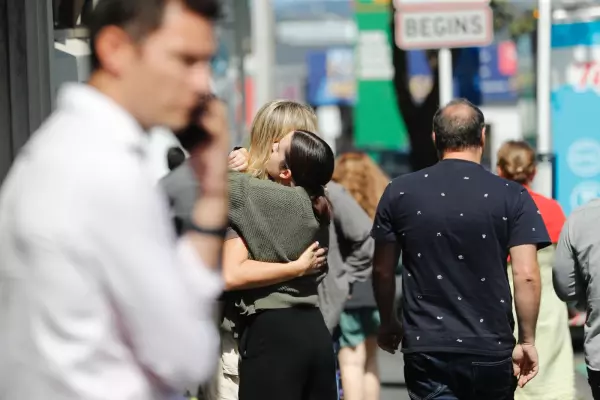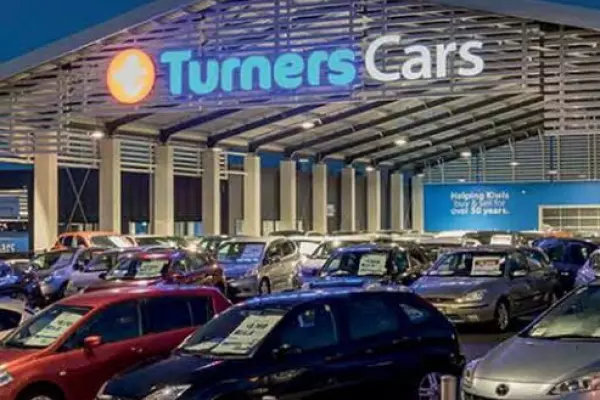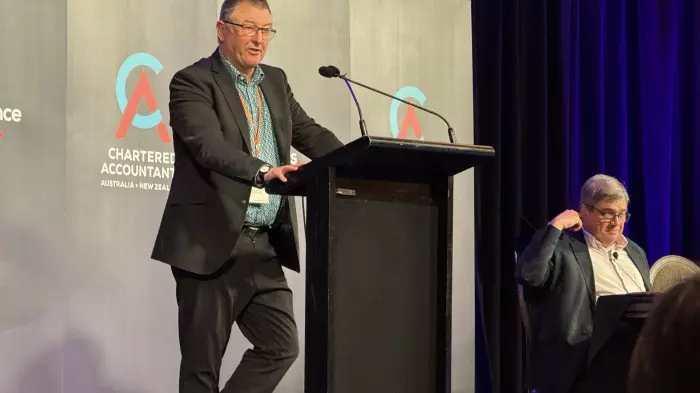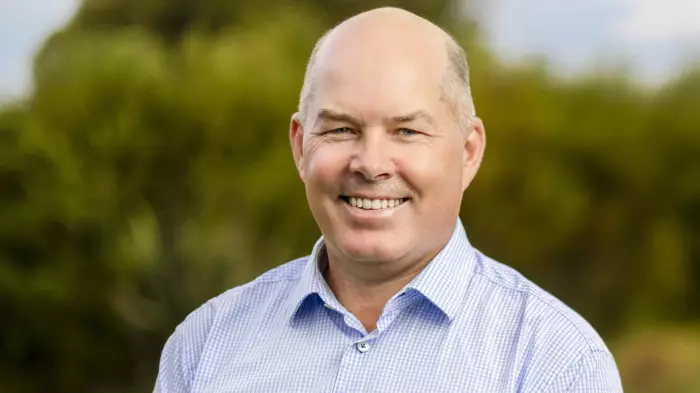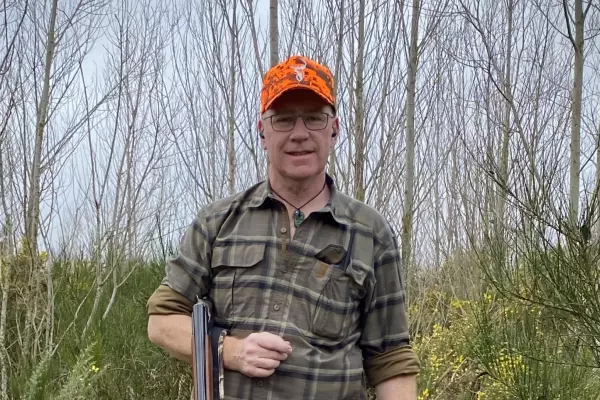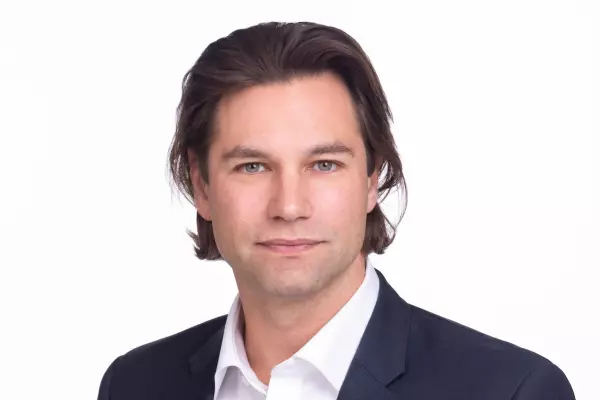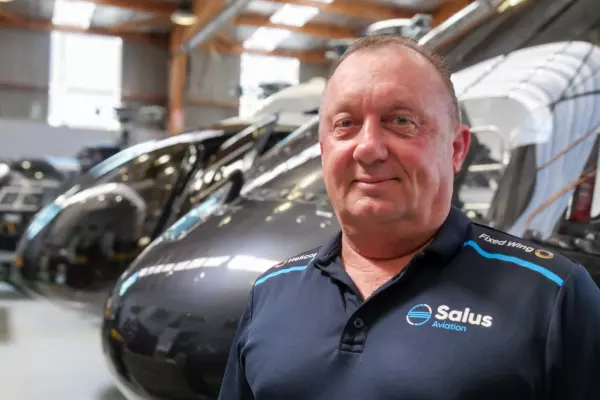Zac Stephenson is the managing director of MediaCom, a growth-driven media agency that is part of the global giant GroupM. He joined the international media group in 2017 to run Ikon Communications, now part of Mindshare, a GroupM company. In April, GroupM announced MediaCom would merge with digital specialist Essence to create a digital and data-driven media agency, with Stephenson as head of its New Zealand arm. Stephenson received a bachelor of business studies degree from the Auckland University of Technology, majoring in marketing and advertising, and in his career has also worked for companies such as DDB and OMD New Zealand.
I’m an Aucklander, but grew up as a displaced English person. Both my parents are English, and each side of my family is British as far as you can trace it. All of my cultural references were English, and I grew up around Scousers, Brummies, and Cockneys. I thought that was the norm. Some people at school even thought I was English as I probably spoke with a bit of an accent back then.
I don’t know if you could class me as a model student, but I achieved good grades. I was probably a little bit shy and a bit of an overachiever as well. My mum told me once that she was talking to a teacher and told them I was very shy. The teacher said I was the exact opposite. So I’m probably a bit of both.
My dad was a plumber. He grew in the trades and later became a carpenter. And my mum was in an accounting role. I picked up from them that there’s no substitute for hard work, and that outside of work, life has to be enjoyed, not endured. They have a zest for life – work hard and play hard.
Growing up, I didn’t realise that my career was an option, but a sequence of events led me to work in the media. I grew up as a massive film fan, and I wanted to be a journalist at one point, and a film director, and a rock musician. I began playing the guitar at 18 and had all of these diverse interests and wanted to turn one of them into a career. I eventually applied at university to do a journalism course and didn’t get in. So, I ended up in business studies, with a focus on advertising.
DDB was my first job out of uni. At the time, they were a full-service agency – creative, media, production, the whole nine yards. It felt huge to me at that age, being around such a dynamic group of people with different skill sets, and a collaborative, fun environment. I definitely felt I’d made the right career choice.
I've lived in NZ my whole life, apart from a five-and-a-half-year stint in London, which I really enjoyed. With the upbringing I’d had, going across to London almost felt like going home. I connected with my cultural heritage. I’m a huge fan of English culture, so being immersed in it for over five years was phenomenal. One thing that surprised me over there was working with such high-calibre people. I was blown away by how intelligent, motivated, driven and friendly people were.
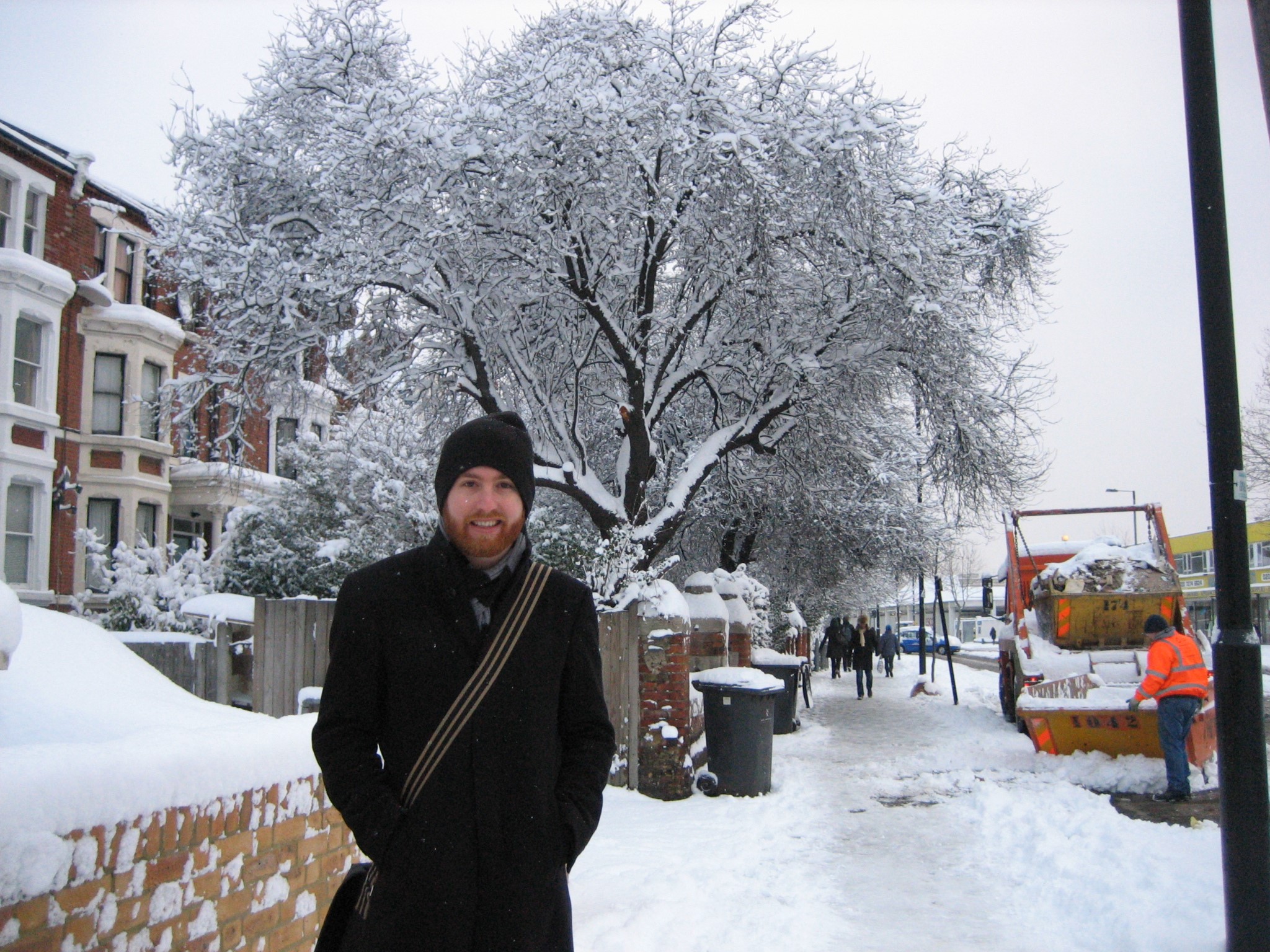 Zac Stephenson walking to work in London around 2005.
Zac Stephenson walking to work in London around 2005.My experience in London made me more professional and disciplined. I’d spent four years working in NZ, but being in the UK definitely made me more professional. I learned a lot about my craft and how I could use my skills to develop. I then applied that discipline to the rest of my career.
Everyone has a work experience that changes them forever. In the first year of my career, I made a procedural oversight on a client campaign, resulting in an unpaid $15,000 bill. I thought my career was over before it had begun. Fortunately, some fantastic senior people stepped in and resolved it for me. It taught me the importance of double- and triple-checking everything.
Looking back on my career, I’m probably most proud of surviving. It can be an incredibly stressful and intense environment at times. It’s high-pressure, deadline-driven and results-driven. You build a lot of resilience over time that keeps you going. Some of the most rewarding things in my career have involved other people working together to achieve something, rather than individual achievements.
If I could offer one piece of advice to people starting out in the industry, it would be to build strong and effective relationships. We’re in a pressurised, deadline-driven profession. You need to be able to navigate lots of different people to get things done.
When you’re young, the pressure in this industry is water off a duck’s back. But when you’re older, it starts to take its toll. So I try to make time to do my work and compartmentalise things, and balance work life and home life. During the pandemic, the division between work and home significantly blurred, something I really struggled with.
A friend told me that my stress came from wanting to achieve everything at home and in my professional life all at once. She said we are human beings, not human doings. That comment stuck with me and prompted me to try to separate my work from the rest of my life. We take work-life balance into account at GroupM and have set up our Strive future-of-work programme. We don’t want our people burned out trying to do everything at once.
Over the past few years, I haven’t been up to much in my spare time apart from using a hammer and paintbrush to renovate our home. With that and looking after the kids, everything has gone by the wayside at the weekends.
I’m a supporter of Everton football club, for my sins. It can be quite an arduous experience. I missed all our success and have only known the hard times. I’ve now inflicted my love of Everton onto my son, and our woes seem to affect him more than me these days.
I’m not much of a big spender, but I’ve had my eye on an Ebony Les Paul guitar. I’ve always loved listening to and playing music, and that is right at the top of my bucket list. We are thinking of planning a trip to Los Angeles to make a pilgrimage to the guitar centre to buy my guitar, which would be really special.
As told to Daniel Dunkley.
This interview has been edited for clarity.


